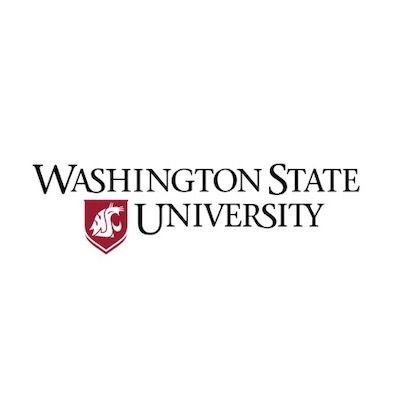Washington State University: Cluster hire program announces third cohort
Five proposals have been selected for funding for the third cohort of the Cluster Hire in Racism and Social Inequality in the Americas program. This cohort, set to start in fall 2023, has a specific focus on racialized, social, and environmental inequality and injustices in Native American and Indigenous communities.
Launched in 2020 by Provost Elizabeth Chilton, WSU’s cluster hire program seeks to build a network of scholars who are committed to conducting research that addresses historical and on-going racism, inequality, and injustice in their diverse fields of specialization—especially those committed to strengthening community-engaged scholarship. By hiring in a thematic cluster, WSU aims to foster a strong sense of community among these new colleagues, while also ensuring high rates of retention and encouraging collaboration across departmental, college, and campus lines.
“In recognition that WSU’s locations statewide are on the homelands of Native Peoples, and given the recent implementation of Executive Policy 41, it is critical to hire and support scholars who are deeply connected to and engaged in collaborative research with Native American and Indigenous communities,” said Chilton.
The following areas of specialization were selected for funding:
Native teacher preparation, Indigenous knowledge systems, and tribally-developed curriculum (College of Education)
Native American food systems and the environment (College of Agricultural, Human, and Natural Resource Sciences and College of Arts and Sciences)
American Indian and Alaska Native community health and healthcare, economic development, and environmental issues (College of Agricultural, Human, and Natural Resource Sciences)
Anthropological research on Indigenous communities of America (College of Arts and Sciences)
Native American/Indigenous law and policy (College of Arts and Sciences)
Zoe Higheagle Strong, vice provost for Native American relations and programs and tribal liaison to the president, echoed Chilton’s sentiments. “Over the past 25 years, we have seen tremendous growth from our Memorandum of Understanding with local tribes, to an executive policy codifying tribal consultation. This cluster hire highlights WSU’s ongoing commitment to tribal partnerships.”
WSU Pullman’s inaugural vice chancellor for equity and inclusive excellence, Lisa Guerrero, leads the cluster hire program.
“I am continually impressed with the proposals submitted to the cluster hire program from colleagues across the system,” Guerrero remarked. “Our first cohort has been on board for one academic year, and we are already seeing the positive impact of the program. The faculty in these cohorts are instrumental in building WSU’s research and academic portfolio in the areas of racism and social inequality.”

